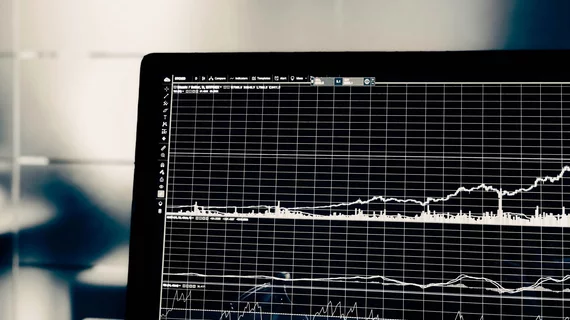As an academic AI expert, Pascale Fung, PhD, dove into the scientific research when she was diagnosed with breast cancer in 2015. The time investment rewarded her with a depth of understanding that has helped shape her life as a cancer survivor.
This week she extrapolates some takeaways for researchers and clinicians battling COVID-19.
Writing for a lay audience via the World Economic Forum, Fung, a professor of electronic and computer engineering at Hong Kong University, highlights ways researchers can leverage AI to parry the pandemic.
“Machine learning is already being used to predict the speed and pattern of COVID-19 spread, and to enable the research for a vaccine, but it has rarely been used to process medical research papers in a large scale before,” she writes. “It could prove game-changing when it comes to COVID-19 research.”
Fung describes her own team’s work with natural language processing. They’ve built a system that can answer questions on COVID with continually updated information sourced to the fast-growing library of scientific publications.
And they’re offering the system’s source code to anyone who wants it, hoping other developers will use it to advance the science on COVID.
“The fight against COVID-19 has brought untold misery and destruction to the world, but it has also shown what we can achieve if we work together,” Fung writes. “The open and collaborative nature of AI research and development across borders show us what such joint progress might look like in the future.”
Read the whole thing:

